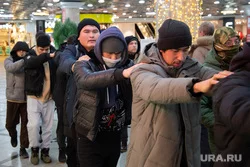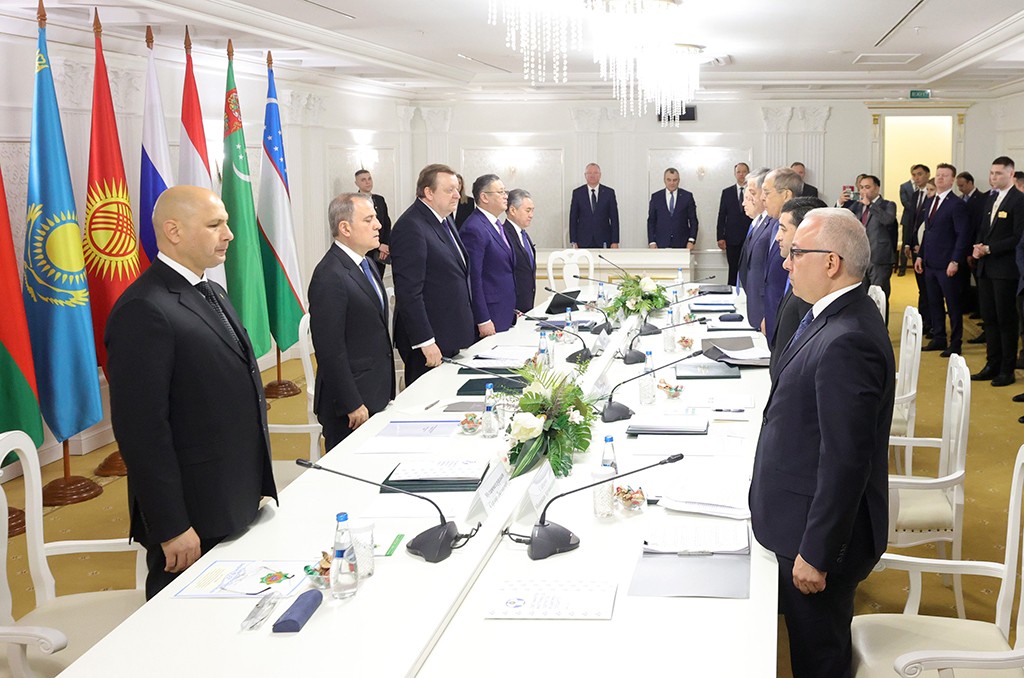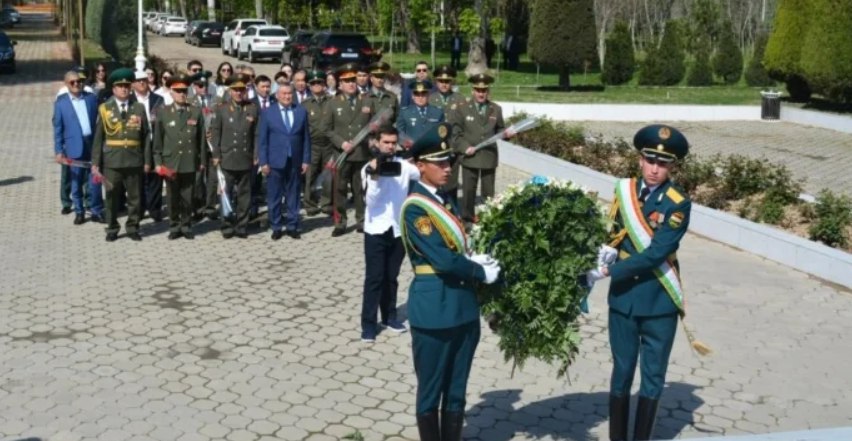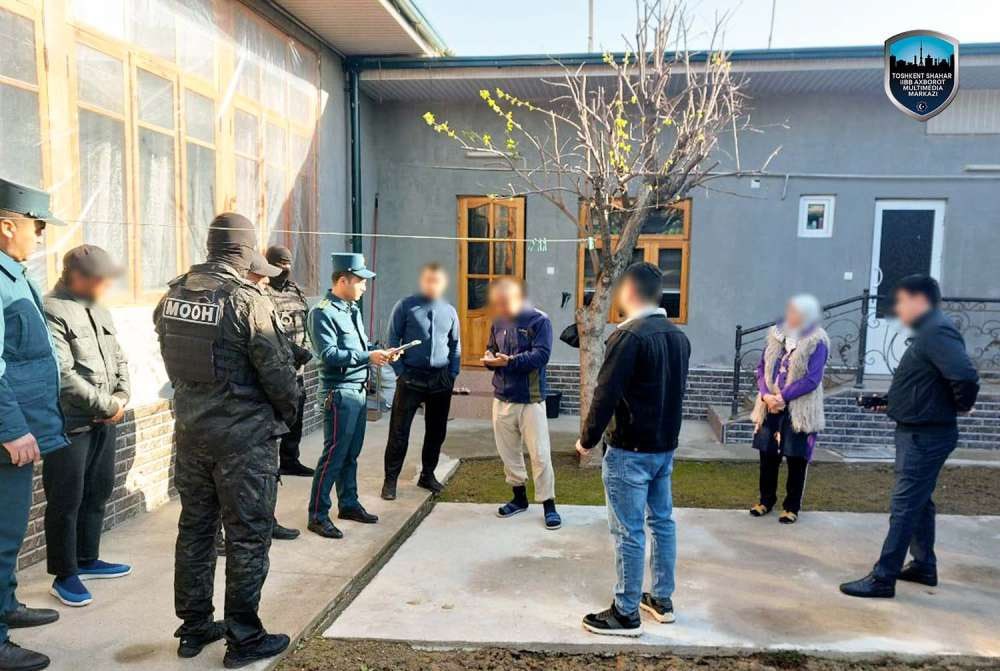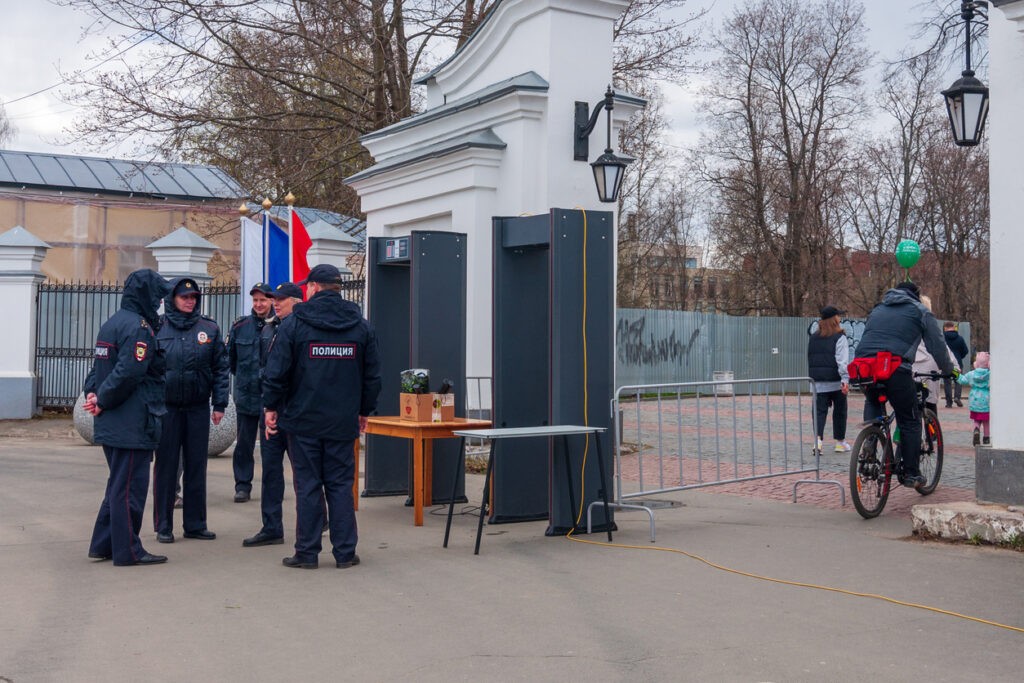Viewing results 1 - 6 of 285
Citizens of Tajikistan and Uzbekistan working in Russia will not be able to count on free medical care until 2026 within the framework of compulsory medical insurance (CMI), according to a report by the Ministry of Health of Russia. Based on agreements with the republics, citizens can be employed only if they acquire voluntary medical insurance (VMI) policies or with the employer's guarantee to pay for medical care at his or her own expense. Migrants can only receive free emergency medical care. The Crocus City Hall terrorist attack prompted the Russian Interior Ministry to take a number of restrictive measures relating to migrants. Among the planned changes are a reduction in the term of temporary stays by foreigners to 90 days per calendar year, introduction of mandatory biometric identification at entry, and the creation of digital profiles for foreigners. There are also more radical proposals. For example, Sergei Mironov, chairman of the Just Russia - For Truth political party, said that he believes it's necessary to introduce a visa regime between Russia and Central Asian countries. Labor migrants remain one of the most vulnerable parts of the population, and Uzbekistan has in recent years taken a number of measures to protect their interests both inside and outside the country. A recent decree by President Shavkat Mirziyoyev provides for reimbursement of expenses for taking qualification exams in foreign languages and professional trades of up to $80, for applying for a work visa of up to $134, and for buying travel tickets of up to $53. In addition, migrants are provided with subsidies for insurance for the migrant laborer and his or her family members, as well as guaranteed free medical examinations for them. Workers abroad whose rights may have been violated can count on free legal counsel. They can also contact 24-hour migrant support call centers in case of difficult situations. The Ministry of Employment of Uzbekistan is currently negotiating the opening of representative offices or centers in Great Britain (London), Germany (Berlin), Turkey (Istanbul) and Saudi Arabia (Riyadh) to provide legal assistance to migrant workers. The state employs workers returning from labor migration or provides subsidies to start their own businesses.
Uzbekistan will host a joint anti-terrorism exercise of countries belonging to the Commonwealth of Independent States, or CIS, for the first time this year. The decision comes at a time of heightened concern after gunmen killed more than 140 people at the Crocus City Hall in Moscow on March 22. The Islamic State group, which is said in some quarters to be seeking to recruit more people from Central Asia, claimed responsibility. The suspected gunmen were Tajik migrants in Russia. Last week’s decision for Uzbekistan to host the drill coincided with a meeting on Friday in Minsk, Belarus, of foreign ministers of the CIS, a group of regional countries that was formed after the collapse of the Soviet Union in 1991. Russia and the Central Asian nations are among the members. An advisory council of the anti-terrorism center of the CIS discussed countering the use of unmanned vehicles and artificial intelligence by extremists, as well as “prospects for the development and use of unmanned aircraft systems in the field of security,” the CIS stated. The advisory council also discussed ways to combat “the use of modern digital tools by international terrorist organizations to finance terrorist and extremist activities,” it said.
On April 11, a wreath-laying ceremony was held at the monument to the Kazakh soldiers who died on April 7, 1995, while guarding the external borders of the Commonwealth of Independent States (CIS) on the Tajik-Afghan border, according to a report from Avesta. Officials taking part in the ceremony included Kazakhstan's Ambassador Extraordinary and Plenipotentiary to Tajikistan, Valikhon Turekhanov, representatives of the Union of Honorary Internationalists of Tajikistan, veterans of the Border Service, and active military personnel from Tajik armed forces. The participants at the event noted that the Kazakh soldiers had performed their military duty at the cost of their lives, whilst all the while remaining faithful to the military oath. The monument commemorating the bravery of the Kazakh soldiers was opened on December 15, 2007, in the Firdavsi recreation park in Dushanbe. In 2021, the park was renovated and restored with the support of the Embassy of Kazakhstan in Tajikistan, the Ministry of Defense and National Guard of the Republic of Kazakhstan, and other public organizations. On April 7, 1995, the seventh joint company of the Kazakh military was attacked by mujaheddin in a gorge at Pshikharv Mountain on the Tajikistan-Afghanistan border. The militants were defeated in the ensuing battle.
Italian police have arrested a Tajik member of the Islamic State (IS) terrorist group, according to a report by the ANSA news agency. According to police in Rome, 32-year-old Ilhomi Sayrahmanzoda was arrested at the city's Leonardo da Vinci–Fiumicino Airport after arriving on a flight from the Dutch city of Eindhoven. He had been wanted internationally since 2014 for fighting for IS in the war in Syria. Italian police established that Sayrahmanzoda was still an active member of IS, and had been using various aliases, connected with passports of Uzbekistan, Kyrgyzstan and Ukraine, to hide from law enforcement agencies. €2,000 in cash was confiscated from him, as well as a mobile phone, with which investigators are planning to identify whether Sayrahmanzoda had any connections in Italy. “His arrival in Rome raises troubling questions: did he have anything planned here? Has he hired anyone before? Were they waiting for him? His citizenship was a key factor in his arrest on March 22 amid heightened tensions surrounding the Crocus City Hall bombing. However, so far, there are no elements that indicate his involvement in this movement,” the ANSA report said. Italy is currently considering Tajikistan's request to extradite Sayrahmanzoda. Italian interior minister Matteo Piantedosi said the arrest was “a very important result, the result of an effective preventive action against the threat of terrorism.”
As part of new urgent measures in Tashkent, authorities searched 45 houses, according to a report by the Main Department of Internal Affairs (MDIA) of the city. The searches were carried out at the houses of citizens who had previously joined extremist radical groups, and suspects were arrested. Over the past three months, 50 criminal cases have been initiated involving religious extremism and terrorism, while administrative reports were drawn up in connection with 188 violations. Legal measures were taken against a total of 264 individuals. In the MDIA report, citizens were asked to refrain from joining various radical groups and not to promote foreign ideas through social networks. Earlier, in order to better ensure the safety of citizens in the capital, the MDIA announced that employees were conducting operations in an enhanced manner in shopping complexes, entertainment venues, markets, and other public places.
Turkish local law enforcement agencies have reported the arrest of 70 people suspected of being members of the international terrorist group, Islamic State (ISIS). According to the Telegram channel of the press service of the Consulate General of Uzbekistan in Istanbul, a 39-year-old citizen of Uzbekistan, born in the the Andijan region, was among those arrested. As a result of the intervention of lawyers, the suspect was able to prove that he was not connected to any terrorist group, and he was subsequently released. Also, according to EuraAsia Daily, since the beginning of 2024 Chechen bailiffs have expelled 38 foreigners without documents confirming their right to remain in Russia who had refused to leave the country after the deadline passed. According to the press service of the Russian federal bailiff service for the Republic of Chechnya, the majority of expelled illegal immigrants were citizens of Uzbekistan and Tajikistan. All expelled foreigners will not be legally able to enter the territory of the Russian Federation for five years.
